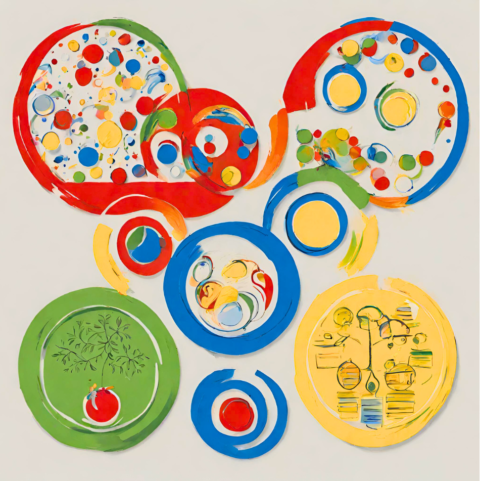What makes a worthwhile learning experience?
During one of our tutoring sessions, I asked a middle schooler if they felt their needs as a student were being met at school. They responded yes and offered the validation that they were passing their classes.
Of course, I am pleased that the student seems content; however, I am equally, if not more so, concerned by what our children and adolescents are being led to believe equates to academic success and if they realize their voices can be involved in shaping their education. And by extension, the student’s response reveals another challenge, which is to confront the common misperception that tutoring is a remedial function only offered to students when they are failing or underperforming. Hence, an aspect of my work is to help students and families see that tutoring is a vital opportunity to grow skills, practice without pressure, and learn how to advocate, and through tutoring services, we are cultivating character that translates to confidence in any environment.
Tutoring is time and support to learn and reinforce concepts, practice critical thinking, and develop an array of skills students can rely on and use to be complete people. Moreover, in our student support sessions, we aim to dispel the notion that quality academic performance is only determined by scores on end-of-unit or end-of-year examinations and benchmark tests; rather, the desire is that my students achieve what Jean Piaget calls “durability of knowledge,” which will remain long after the scholastic term has concluded (Piaget, 1970). Piaget, the noted child developmental psychologist and pedagogical scientist, was skeptical that test results alone convey adequate learning and quality education, and he writes that knowledge and intelligence derive from action — thus to know a concept is to act upon it (Piaget, 1970). Indeed, confidence comes from doing. Our work with students aims to not only solidify foundational literacy skills and self-leadership tools, but also tap into critical creativity that enhances communicative potential to receive new ideas and different perspectives and then act upon them expressively and empathetically.
I hope to give my students opportunities to reveal what they know and figure out why they know it, and I believe this consistent practice of transferring learning into action will help students build skills and competence for lifelong success. More than conceptual practice, tutoring is cultivation of character.
References
Piaget, J. (1970). Science of education and the psychology of the child. Orion Press.




